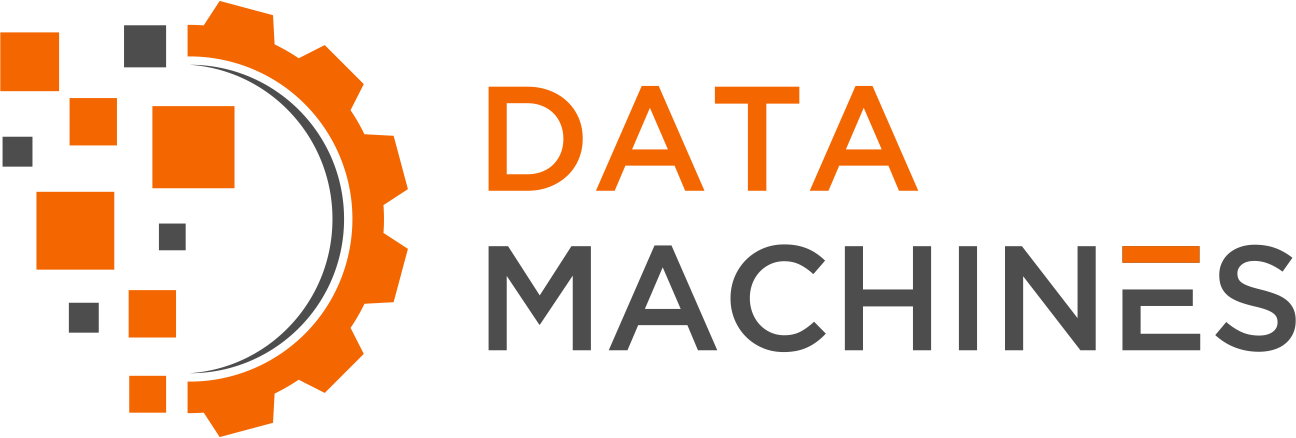Are Non-Traditional Software Engineers a Good Fit for Government Contracting?
Intro
I entered the tech industry from what many call a “non-traditional” background. I didn’t spend my childhood tinkering with Arduinos or coding my own video games, nor did I study computer science or mathematics in college. Rather, I started my career in tech through participating in a coding bootcamp. Now, I work as a full-time software engineer at Data Machines Corp. (DMC) and expect to receive a security clearance as a federal contractor. As a non-traditional software engineer, I represent a group of individuals who should be considered first-rate candidates for government contract positions.
Job hunters looking for the right fit
I was recently hired by DMC, a government contractor that leverages data analytics, DevSecOps, machine intelligence, and data science for their wide range of clients. DMC’s team of skilled engineers specializes in data-driven decision-making. My day-to-day work as a software engineer is extremely flexible; my co-workers are highly skilled and personable; my benefits package is robust, and my salary is in line with the market standard. Whether you left your previous career in search of more interesting and fulfilling work, better benefits, or simply a better salary, I can’t recommend government contracting enough. The intrigue of work balanced with stability of the job as a whole makes it an excellent fit for developers looking to make a positive impact on the world while learning a diverse set of technical and professional skills.
Employers searching for the right candidate
The good news for employers is the pool of non-traditional candidates is both qualified and abundant. The massive shift into tech post-COVID means their numbers are growing, and career-shifters are generally eager to make an impactful change. If your company is willing to look towards non-traditional candidates, it may make it easier to identify candidates who could be an excellent fit for your company. According to Indeed, one of the largest employment websites in the world, some of the most sought-after soft-skills in the engineering field are communication, adaptability, creativity, problem-solving, self-awareness and patience. Fluency in each of these skills is integral in making a swift and successful career change. Not only that, these essential qualities are relevant in many other careers, meaning that depending on the candidate, they may have been honing these skills for years already.
Are non-traditional engineers a good fit?
As a non-traditional software engineer myself, I see it as a mutually beneficial decision to direct the flow of other career-changing software engineers into government contracting jobs. Knowing the skillset necessary to make the transition between careers, it seems that non-traditional engineers are a lesser-known source for many highly sought-after soft skills. Job seekers, when looking for employment, be sure to keep an open mind and pursue some government contracting jobs, even if it isn’t your target market. You may be pleasantly surprised at how well you fit. Employers, it may serve you well to consider how new devs can bring a diverse perspective to your team. These are often people who are comfortable with change and innovation, creative thinkers and risk-takers who are willing to stake their livelihood on the opportunity to continue learning. That may be exactly the kind of engineer you want to add to your team.
